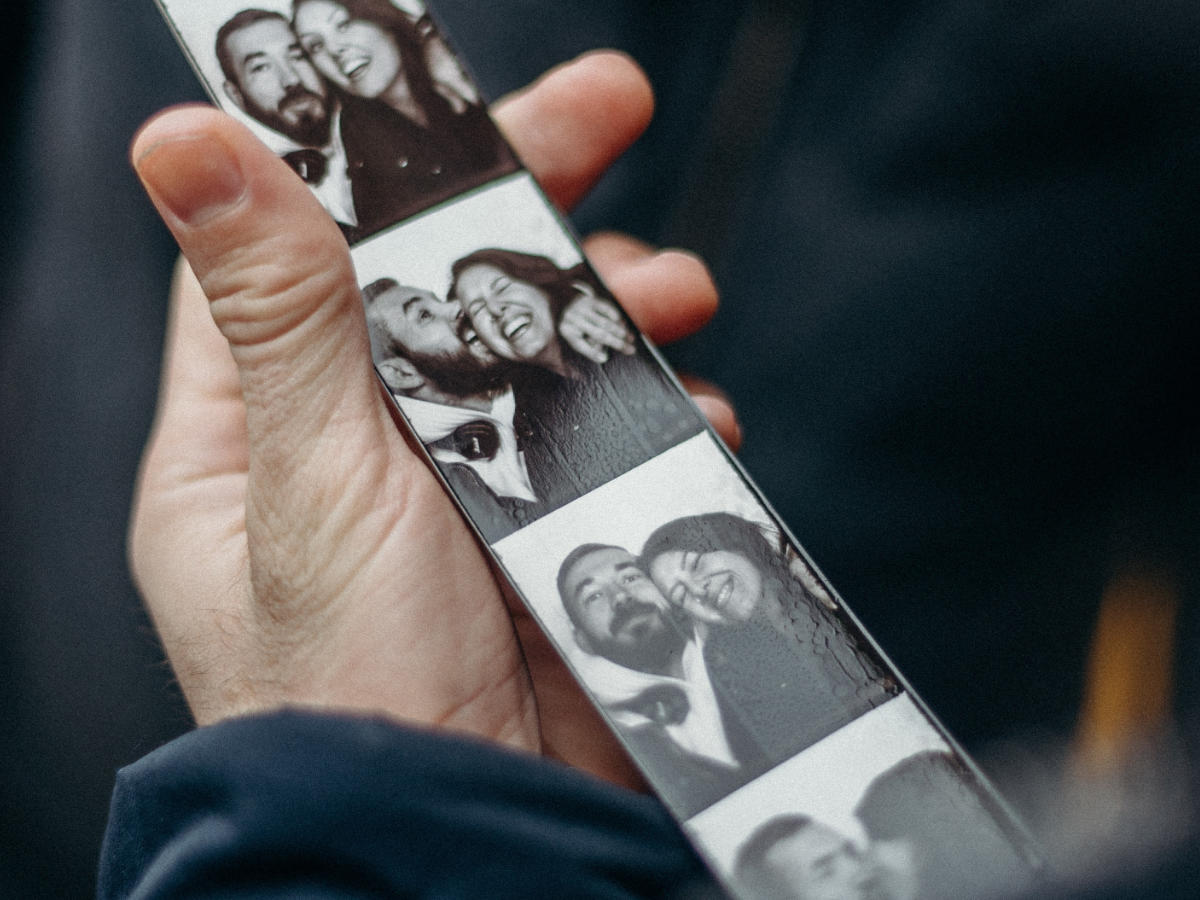
After the rise of OTAs and Airbnb, the hospitality industry is undergoing yet another profound change.
In the post-COVID future, we won’t be flying to attend a single meeting and then fly back, but to be co-located with team members for longer periods of time.
In addition to changes in duration and reasons of traveling, there is also a greater generational change happening in taste and preferences. The classic five-star experience does not resonate with the young urban professionals. Think of all the conventional services and amenities, and the vast disconnect with the actual needs and desires of hip urbanites:
Weekend in Berlin
| The old way | The new alternative |
| Kurfürstendamm | Kreuzberg |
| Queuing at the reception for personalized checkin | Keyless entry into the room |
| Magazines & newspapers in the lobby | 5G internet connection |
| 150 channels of German TV | Netflix & Chromecast |
| In-room dining | Recommendations for Wolt, Foodora & UberEats |
| VIP access to rooftop bars | Insight about local bars |
| Opera tickets through concierge service | Step-by-step instructions on how to get into the coolest techno clubs |
| In-house gym | Voucher to local yoga studio |
| In-room telephone with nine different numbers | Chat-based service with lightning fast response times |
These fundamental changes in taste have also a profound effect on the operations of a hotel. The customer journey will become much more digital, and operations in the building will require much less personnel, as there is much less to do physically inside the hotel premises.
Technological implications
It is abundantly clear that the smartphone will be the locus of hospitality interactions throughout the customer journey. There are absolutely zero digital natives who would prefer having their hotel services presented in outdated paper brochures, or interacting with the hotel personnel over a wired phone in the room instead of having a text-based chat from their own mobile phone.
When you think mobile phone first, the following steps of the customer journey taking place in the reception seem absurdly old fashioned:
- filling paper forms for identification
- receiving a plastic key card for accessing the room
Why do you need a reception desk?
Once we enter the room using a mobile phone, isn’t it funny that
- the hotel services are presented in paper brochures
- there is a wired phone from the 1980s in the room?
Operational implications – make the essentials outstanding
As the hip urbanite does not need the classic amenities of a hotel, operations can be stripped to bare essentials. Instead of having three receptionists covering the drudgery of checkins and checkouts, a concierge, laundry, cooks, waiters and bartenders, there will be a digitally present host/hostess who can cater to the questions/requests of multiple hotels at the same time.
This has huge implications operationally: high end hospitality concepts of the future can become almost completely unmanned, without decline in the quality of the guest experience.
Analytics in unmanned operations
Having eyes and ears on premises implicitly covers many operational use cases:
- Is the building ok? Any windows/doors unintentionally left open?
- Is the guest a no-show?
- Is there any suspicious/unwanted behaviour in the building?
- Is there a noisy party in room 401?
- Checkin time has passed, is the guest still in the room?
All these use cases will be solved in a new way with in-room sensors. With proper positioning of door, motion, temperature, humidity and noise sensors, we will be able to deduce the health and occupancy of the room. By cloud connecting sensor enabled guest room management systems (such as the one Mount Kelvin develops), a hospitality concept can have a centralized and scalable effort to run these unmanned operations in multiple locations simultaneously.
We strongly believe that there will be a quantum leap in guest room management systems and the delightfulness and sophistication of digital customer journeys in hospitality. We welcome all hospitality visionaries to join us in creating this better world.